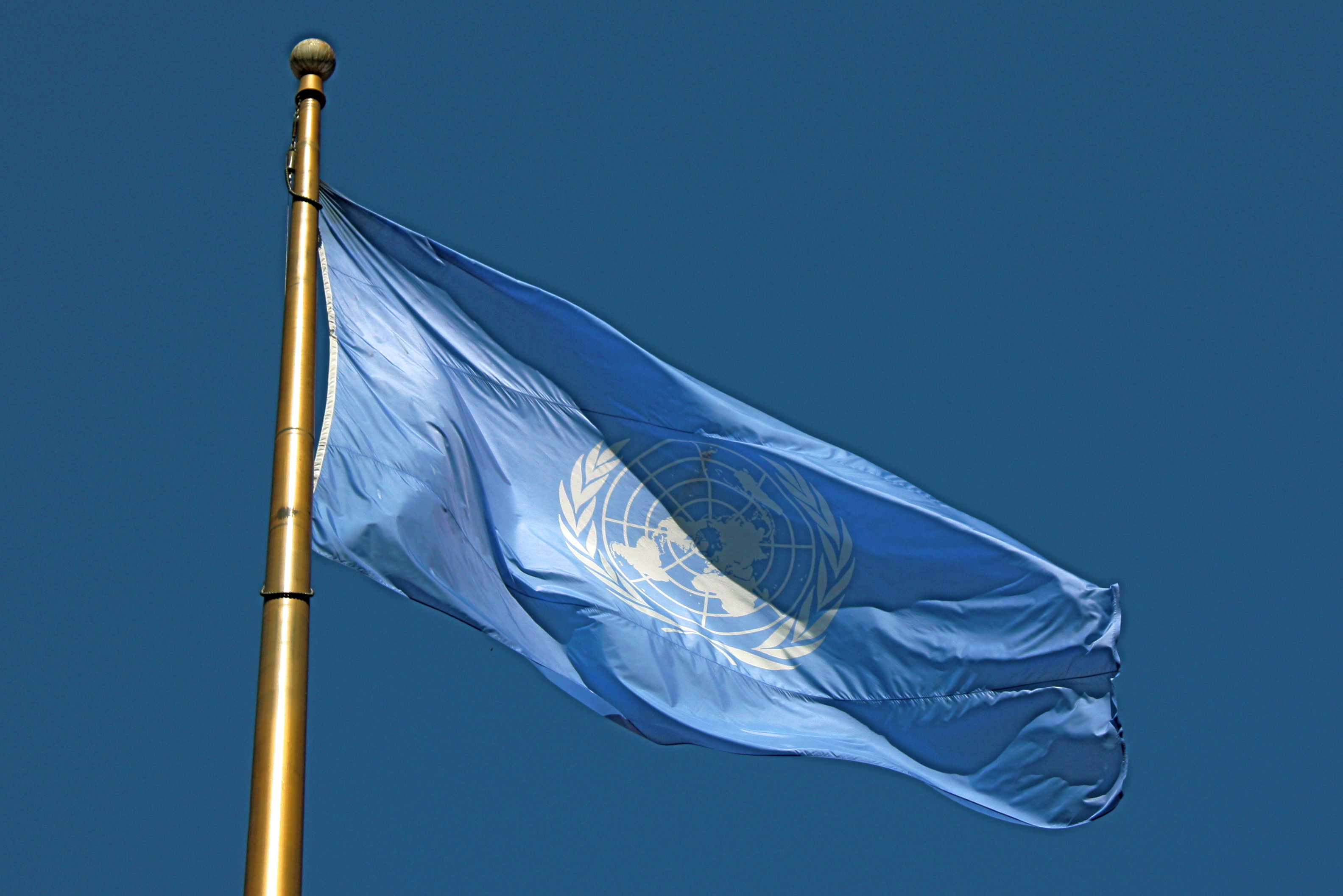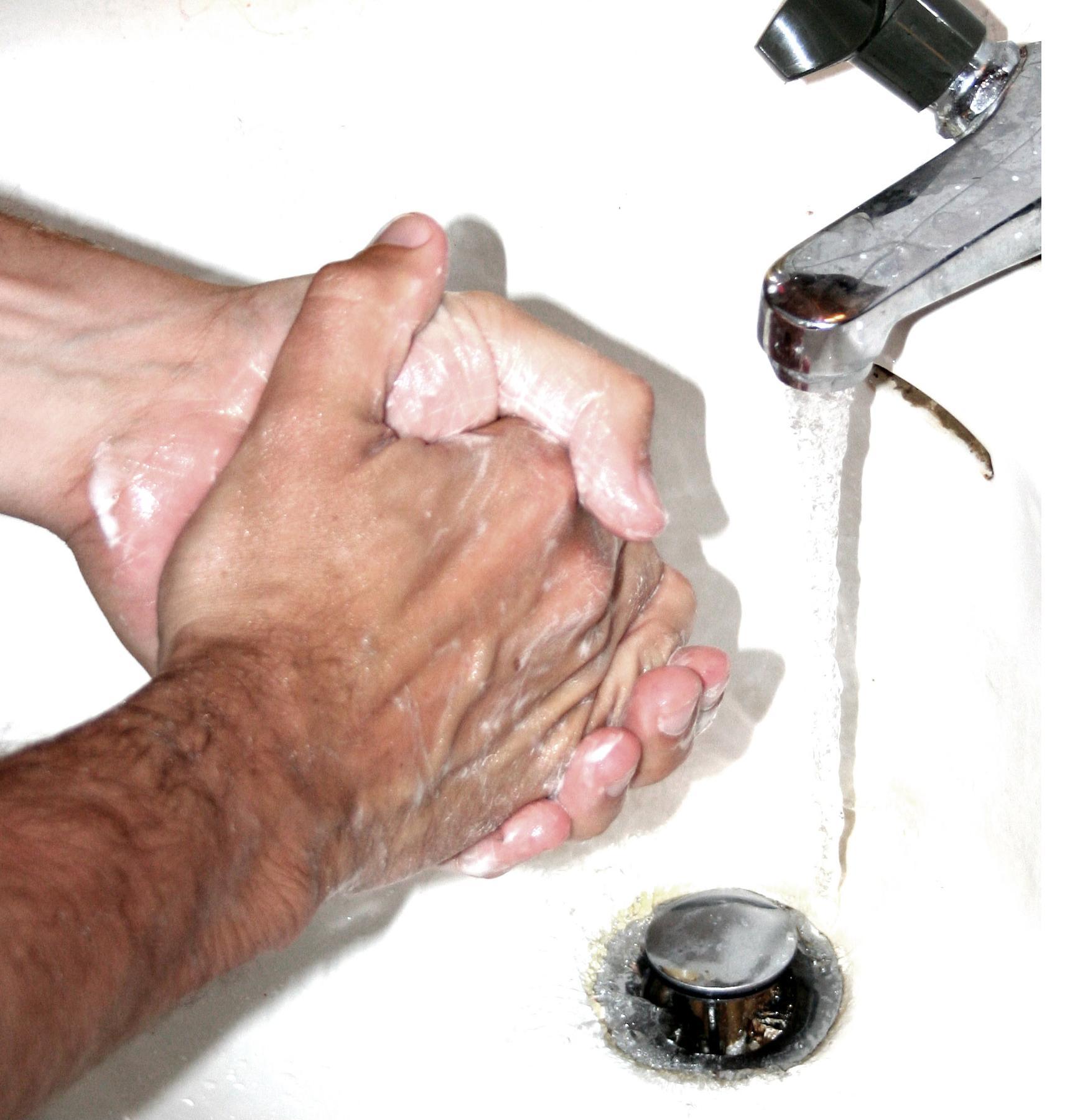|
Standard Minimum Rules For The Treatment Of Prisoners
The United Nations Standard Minimum Rules for the Treatment of Prisoners were adopted by the United Nations General Assembly on 17 December 2015 after a five-year revision process. They are known as the Mandela Rules in honor of the former South African President, Nelson Mandela. The Mandela Rules are composed of 122 "rules". Not all are rules, but some are principles such as institutional equality and the philosophy of confinement. Background The rules were first adopted on 30 August 1955 during a UN United Nations Congress on the Prevention of Crime and the Treatment of Offenders, Congress on the Prevention of Crime and the Treatment of Offenders, held at Geneva, and approved by the United Nations Economic and Social Council, Economic and Social Council in resolutions of 31 July 1957 and 13 May 1977. Since their adoption by the Economic and Social Council in 1957, the Standard Minimum Rules for the Treatment of Prisoners (SMR) have served as the universally acknowledged m ... [...More Info...] [...Related Items...] OR: [Wikipedia] [Google] [Baidu] |
United Nations Congress On The Prevention Of Crime And The Treatment Of Offenders
The United Nations Congress on Crime Prevention and Criminal Justice is a United Nations (UN) sponsored congress on the topics of crime, crime prevention and criminal justice, held every five years. It is organized by the United Nations Office on Drugs and Crime (UNODC).Previous Congresses United Nations Office on Drugs and Crime. Participants of the Congress include Member states of the United Nations, UN Member States and Observers, international organizations, non-governmental organization and individual experts. The Commission on Crime Prevention and Criminal Justice acts ave agenda items of the upcoming Crime Congress and to make action-oriented recommendations to serve as a basis for the draft recommendations and conclusions for consideration by the Congress. The event was initially held in 195 ... [...More Info...] [...Related Items...] OR: [Wikipedia] [Google] [Baidu] |
Rehabilitation (penology)
Rehabilitation is the process of re-educating those who have committed a crime and preparing them to re-enter society. The goal is to address all of the underlying root causes of crime in order to decrease the rate of recidivism once inmates are released from prison. It generally involves psychological approaches which target the cognitive distortions associated with specific kinds of crime committed by individual offenders, but it may also entail more general education like reading skills and career training. The goal is to Social integration, re-integrate offenders back into society. Methods A successful rehabilitation of a prisoner is also helped if convicted persons: * are not placed in health-threateningly bad conditions, enjoy access to medical care and are protected from other forms of serious ill-treatment,Clare Ovey, Ensuring respect of the rights of prisoners under the European Convention on Human Rights as part of their reintegration process'', Registry of the Europea ... [...More Info...] [...Related Items...] OR: [Wikipedia] [Google] [Baidu] |
Penal Reform International
Penal Reform International (commonly known as PRI), founded in London in 1989, is an international nongovernmental organization working on penal and criminal justice reform worldwide. It is a Dutch Association. Activities Penal Reform International (PRI) is a non-governmental organisation working globally to promote criminal justice systems that uphold human rights for all and do no harm. We work to make criminal justice systems non-discriminatory and protect the rights of disadvantaged people. We run practical human rights programmes and support reforms that make criminal justice fair and effective. PRI is Headquartered across the UK and the Netherlands leads and coordinates its cross-regional programmes, international policy and advocacy activities. Its regional offices implement practical programmes and provide technical assistance at a national and regional level. PRI has consultative status at the United Nations (ECOSOC), the Inter-Parliamentary Union, the African Commissi ... [...More Info...] [...Related Items...] OR: [Wikipedia] [Google] [Baidu] |
Prisoner's Rights
The rights of civilian and military prisoners are governed by both national and international law. International conventions include the International Covenant on Civil and Political Rights; the United Nations' Standard Minimum Rules for the Treatment of Prisoners, Minimum Rules for the Treatment of Prisoners, the Committee for the Prevention of Torture, European Committee for the Prevention of Torture and Inhuman or Degrading Treatment or Punishment, and the Convention on the Rights of Persons with Disabilities. Rights and advocacy by country Asia * Prisons in India * Prisoners' rights in the Middle East ** Human rights in Israel#Rights of prisoners, Prisoners' rights in Israel *** Palestinian prisoners of Israel ** Human rights in the Islamic Republic of Iran *** Committee for the Defense of Prisoners' Rights, Committee for the Defense of Prisoners' Rights (Iran) *** 2010 Iranian political prisoners' hunger strike for prisoners' rights * Human rights in China ** Penal sy ... [...More Info...] [...Related Items...] OR: [Wikipedia] [Google] [Baidu] |
United Nations Standard Minimum Rules (other)
The United Nations has adopted sets of Standard Minimum Rules addressing the following topics: *Standard Minimum Rules for the Treatment of Prisoners The United Nations Standard Minimum Rules for the Treatment of Prisoners were adopted by the United Nations General Assembly on 17 December 2015 after a five-year revision process. They are known as the Mandela Rules in honor of the former Sout ..., 30 August 1955 * Standard Minimum Rules for the Administration of Juvenile Justice ("The Beijing Rules"), 29 November 1985 * Standard Minimum Rules for Non-custodial Measures ("The Tokyo Rules"), 14 December 1990 {{disambiguation ... [...More Info...] [...Related Items...] OR: [Wikipedia] [Google] [Baidu] |
European Prison Rules
The European Prison Rules were drawn up by the Council of Europe. They are intended to provide legally non-binding standards on good principles and practices in the treatment of detainees and the management of detention facilities. They were most recently revised in 2020. History and description The European Prison Rules were adopted by the Committee of Ministers in 1973 (Resolution 73.5). The Prison Rules were reformulated in 1987 (R 87.3). In January 2006, the Committee of Ministers on the European Prison Rules recommended that the 1987 version needed “to be substantively revised and updated in order to reflect the developments which have occurred in penal policy, sentencing practice and the overall management of prisons in Europe”. Revisions can also be seen to reflect the expansion of Council of Europe membership: 15 member states in 1973, 21 in 1987, and 46 by 2005. A new version of the European Prison Rules was adopted in 2006, replacing all previous versions entirely. ... [...More Info...] [...Related Items...] OR: [Wikipedia] [Google] [Baidu] |
Raising Awareness
Consciousness raising (also called awareness raising) is a form of activism popularized by United States feminists in the late 1960s. It often takes the form of a group of people attempting to focus the attention of a wider group on some cause or condition. Common issues include diseases (e.g. breast cancer, AIDS), conflicts (e.g. the Darfur genocide, global warming), movements (e.g. Greenpeace, PETA, Earth Hour) and political parties or politicians. Since informing the populace of a public concern is often regarded as the first step to changing how the institutions handle it, raising awareness is often the first activity in which any advocacy group engages. However, in practice, raising awareness is often combined with other activities, such as fundraising, membership drives or advocacy, in order to harness and/or sustain the motivation of new supporters which may be at its highest just after they have learned and digested the new information. The term ''awareness raising'' is ... [...More Info...] [...Related Items...] OR: [Wikipedia] [Google] [Baidu] |
Nelson Mandela Day
Nelson Mandela International Day (or Mandela Day) is an annual international day in honour of Nelson Mandela, celebrated each year on 18 July, Mandela's birthday. The day was officially declared by the United Nations in November 2009, with the first UN Mandela Day held on 18 July 2010. However, other groups began celebrating Mandela Day on 18 July 2009. On 27 April 2009, the 46664 concerts and the Nelson Mandela Foundation invited the global community to join them in support of an official Mandela Day. Mandela Day is not meant as a public holiday, but as a day to honour the legacy of Nelson Mandela, South Africa's former president, and his values, through volunteering and community service. Mandela Day is a global call to action that celebrates the idea that each individual has the power to transform the world, the ability to make an impact. The Mandela Day campaign message is: : "Nelson Mandela has fought for social justice for 67 years. We're asking you to start with ... [...More Info...] [...Related Items...] OR: [Wikipedia] [Google] [Baidu] |
Nelson Mandela-2008 Cropped
Nelson may refer to: Arts and entertainment * ''Nelson'' (1918 film), a historical film directed by Maurice Elvey * ''Nelson'' (1926 film), a historical film directed by Walter Summers * ''Nelson'' (opera), an opera by Lennox Berkeley to a libretto by Alan Pryce-Jones * Nelson (band), an American rock band * ''Nelson'', a 2010 album by Paolo Conte People * Nelson (surname), including a list of people with the name * Nelson (given name), including a list of people with the name * Horatio Nelson, 1st Viscount Nelson (1758–1805), British admiral * Nelson Mandela, the first black South African president * Bishop of Nelson (other), a title sometimes referred to as "Nelson" Fictional characters * Alice Nelson, the housekeeper on the TV series ''The Brady Bunch'' * Dave Nelson, a main character on the TV series ''NewsRadio'' * Emma Nelson (Degrassi: The Next Generation), on the TV series ''Degrassi: The Next Generation'' * Foggy Nelson, law partner of Matt Murdock in t ... [...More Info...] [...Related Items...] OR: [Wikipedia] [Google] [Baidu] |
Slavery
Slavery is the ownership of a person as property, especially in regards to their labour. Slavery typically involves compulsory work, with the slave's location of work and residence dictated by the party that holds them in bondage. Enslavement is the placement of a person into slavery, and the person is called a slave or an enslaved person (see ). Many historical cases of enslavement occurred as a result of breaking the law, becoming indebted, suffering a military defeat, or exploitation for cheaper labor; other forms of slavery were instituted along demographic lines such as race or sex. Slaves would be kept in bondage for life, or for a fixed period of time after which they would be granted freedom. Although slavery is usually involuntary and involves coercion, there are also cases where people voluntarily enter into slavery to pay a debt or earn money due to poverty. In the course of human history, slavery was a typical feature of civilization, and existed in most socie ... [...More Info...] [...Related Items...] OR: [Wikipedia] [Google] [Baidu] |
Hygiene
Hygiene is a set of practices performed to preserve health. According to the World Health Organization (WHO), "Hygiene refers to conditions and practices that help to maintain health and prevent the spread of diseases." Personal hygiene refers to maintaining the body's cleanliness. Hygiene activities can be grouped into the following: home and everyday hygiene, personal hygiene, medical hygiene, sleep hygiene, and Food safety, food hygiene. Home and every day hygiene includes hand washing, respiratory hygiene, food hygiene at home, hygiene in the kitchen, hygiene in the bathroom, laundry hygiene, and medical hygiene at home. And also environmental hygiene in the society to prevent all kinds of bacterias from penetrating into our homes. Many people equate hygiene with "cleanliness", but hygiene is a broad term. It includes such personal habit choices as how frequently to take a shower or bath, wash hands, trim Nail (anatomy), fingernails, and wash clothes. It also includes atte ... [...More Info...] [...Related Items...] OR: [Wikipedia] [Google] [Baidu] |


